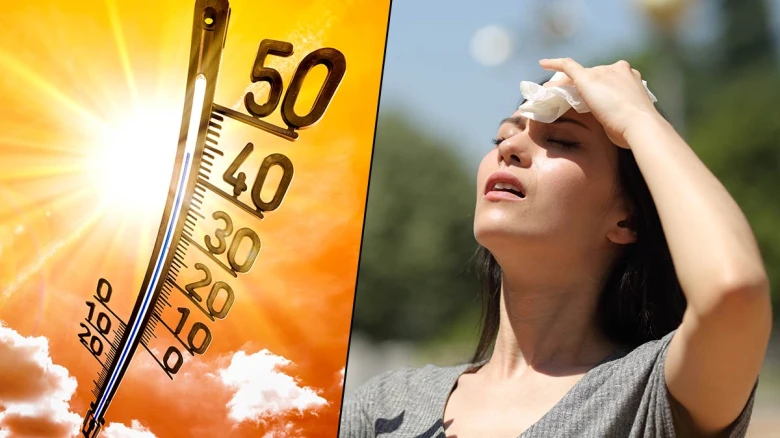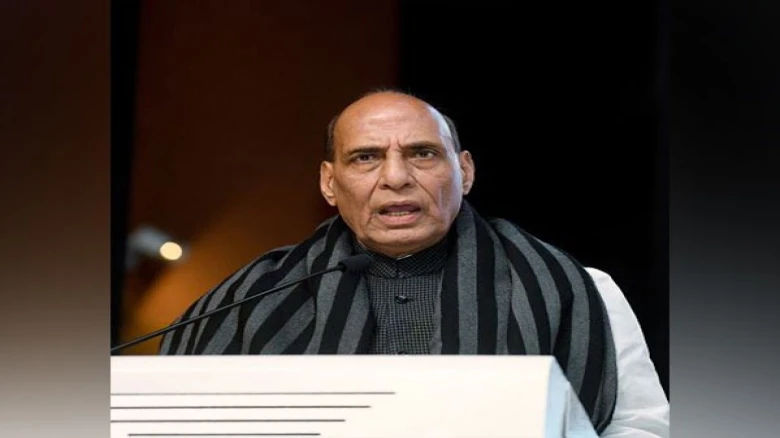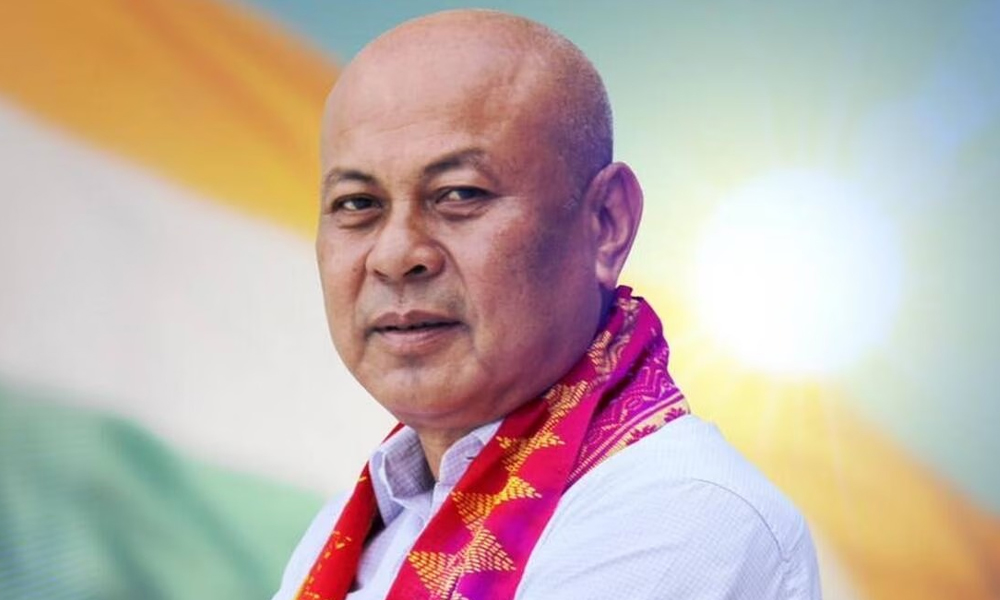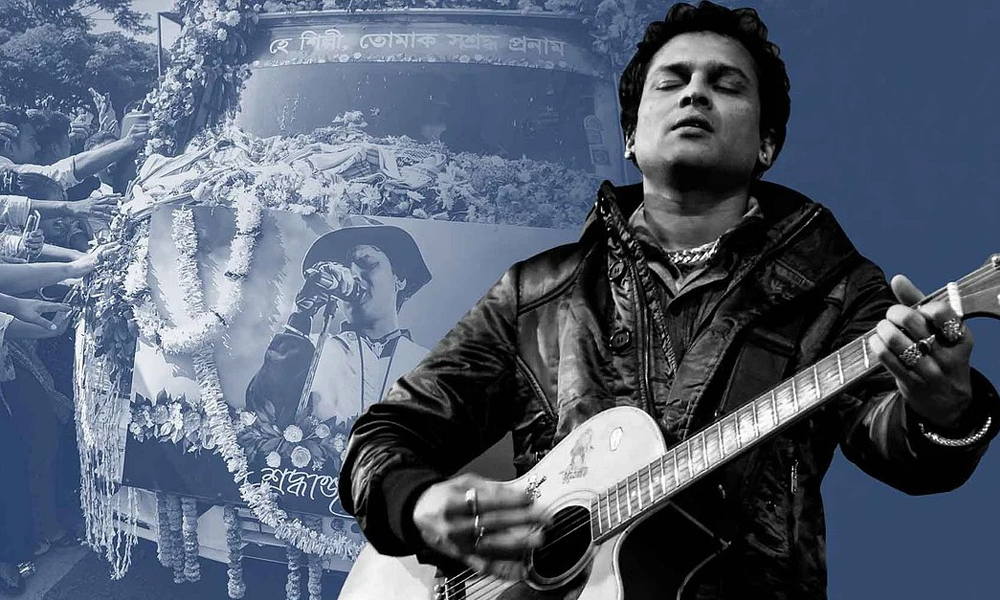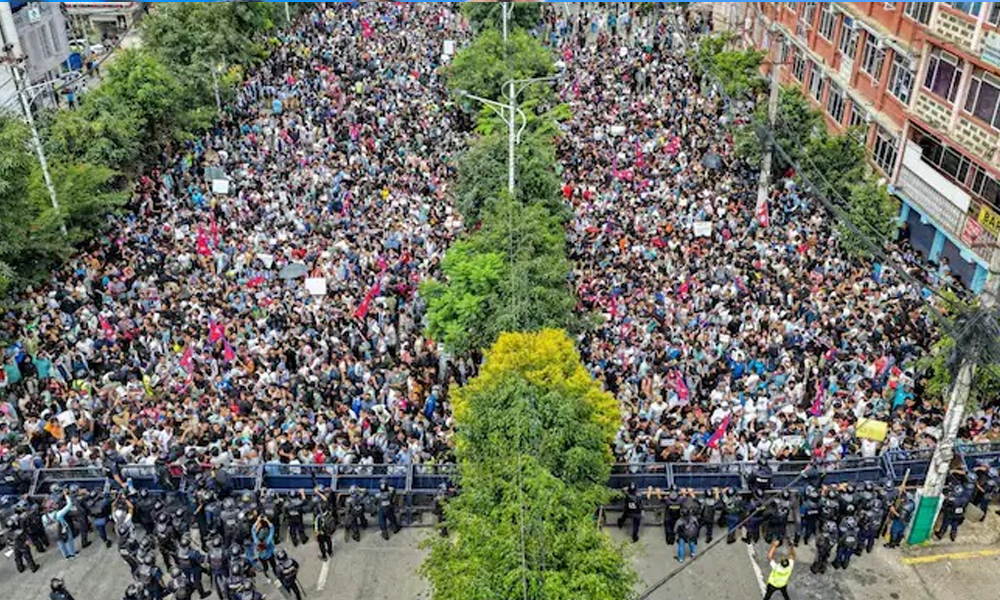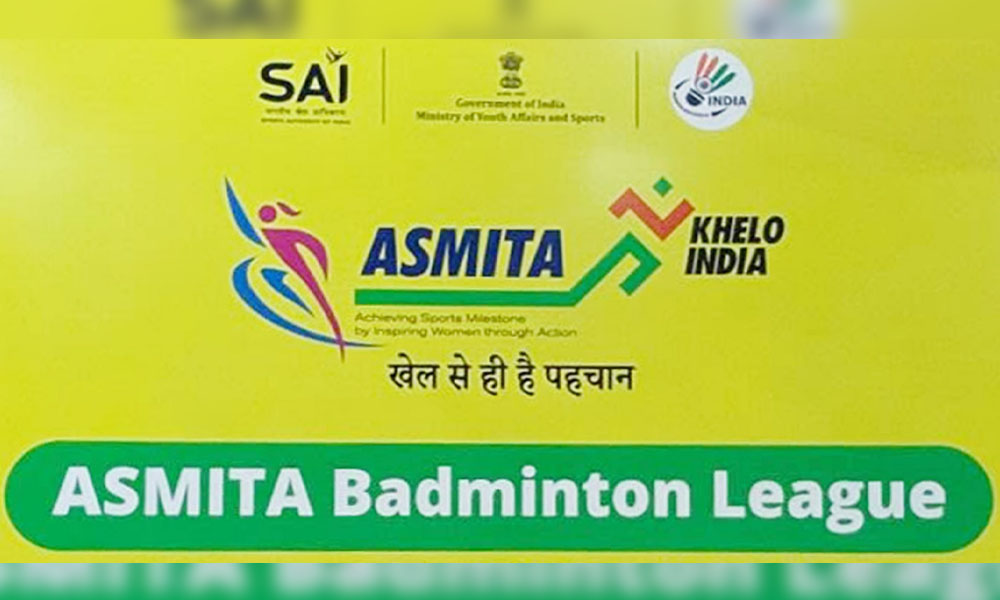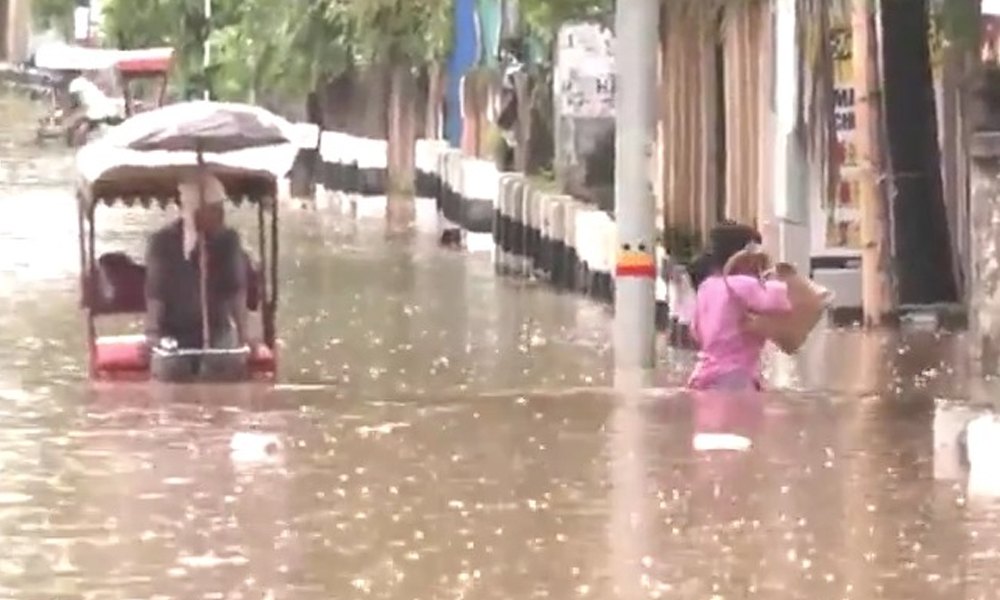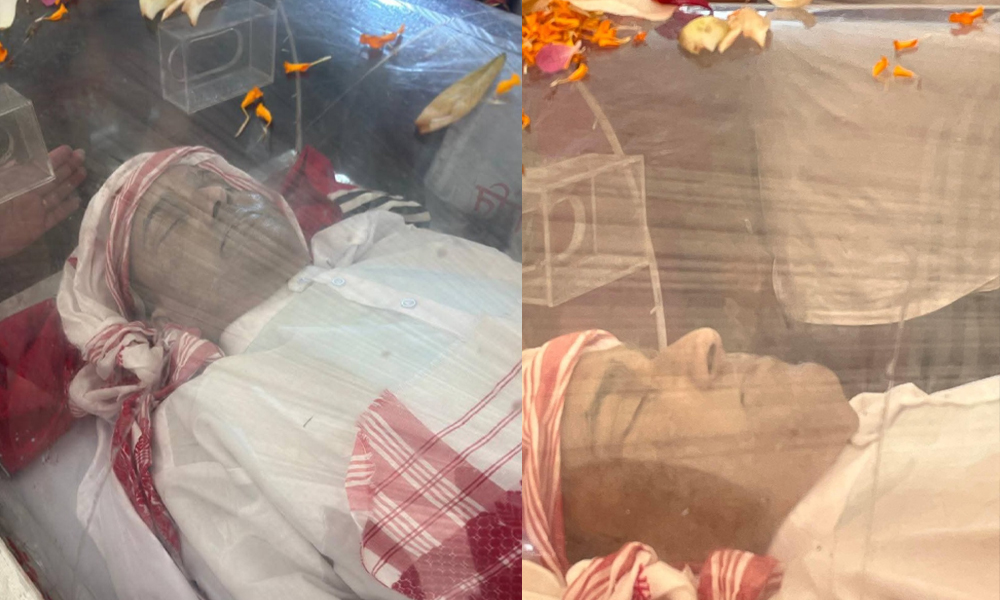Heatstroke is a condition induced by the body overheating as a result of prolonged exposure to high temperatures produced by intense heat.
Digital
Desk: Over the last two weeks, India has experienced
record high temperatures. While schools in West Bengal have been suspended for
a week, the India Meteorological Department (IMD) has stated that the heat wave
conditions over East India would continue for at least the next four days.
On Sunday (April 16),
around 13 people perished from heatstroke in Maharashtra after attending a
state award ceremony. As a heatwave warning has been issued in several states
across the country, experts advise people to stay hydrated amid the heat.
Heatstroke is a condition induced by the body overheating as a
result of prolonged exposure to high temperatures produced by intense heat. It
could also be due to physical effort in hot conditions.
If your body temperature
reaches above 40 degrees Celsius, it will require medical intervention. The
most deadly heat-related sickness is heatstroke. The body's temperature rises
so quickly that the sweating mechanism (the natural cooling system) fails, and
the body is unable to cool itself down.
According
to the Centres for Disease Control and Prevention, if a person does not receive
immediate treatment, his or her body temperature can skyrocket for 10 to 15
minutes, resulting in irreversible disability or death.
Symptoms of heatstroke
·
Altered mental status,
slurred speech
·
Loss of consciousness
·
Hot, dry skin and
excessive sweating
·
Seizures
·
Fatal, if treatment is
delayed
How to prevent
heatstroke?
To avoid your body
reaching such a situation, there are a few things you can do to avoid
heatstroke.
· Stay hydrated by
drinking plenty of water. Summer liquids such as coconut water, mint water,
lemon water, fresh fruit juices, and buttermilk have been recommended by
experts.
• Protect your skin from
sunburn by liberally applying broad-spectrum sunscreen every 2-3 hours.
• Dress in light, loose
cotton clothing to stay cool and protect your head from direct sunshine.
• When out in the sun,
use an umbrella and avoid direct sunlight wherever possible.
• Include fresh fruits
and vegetable juices in your meals, and eat a plant-based diet.
• Keep your house's
windows and drapes closed during the day, especially on the sunny side. Open
them at night to let in cooler air.
Dr Komal Malik, Head
Dietician, Asian Hospital, Faridabad, previously told indiatoday.in that a
regular non-vegetarian diet increases dehydration during a heatwave because the
food takes time to digest.
"A longer digestion
process raises body temperature, causing dehydration." Instead of tea and
coffee, drink lemon water, coconut water, buttermilk, or fluids high in
electrolytes to assist relieve stomach pain or boost body heat. Spicy meals
should also be avoided, according to Dr. Malik.
Also Read: At least 100 civilians killed in air strike by Myanmar junta on Pazigyi village

